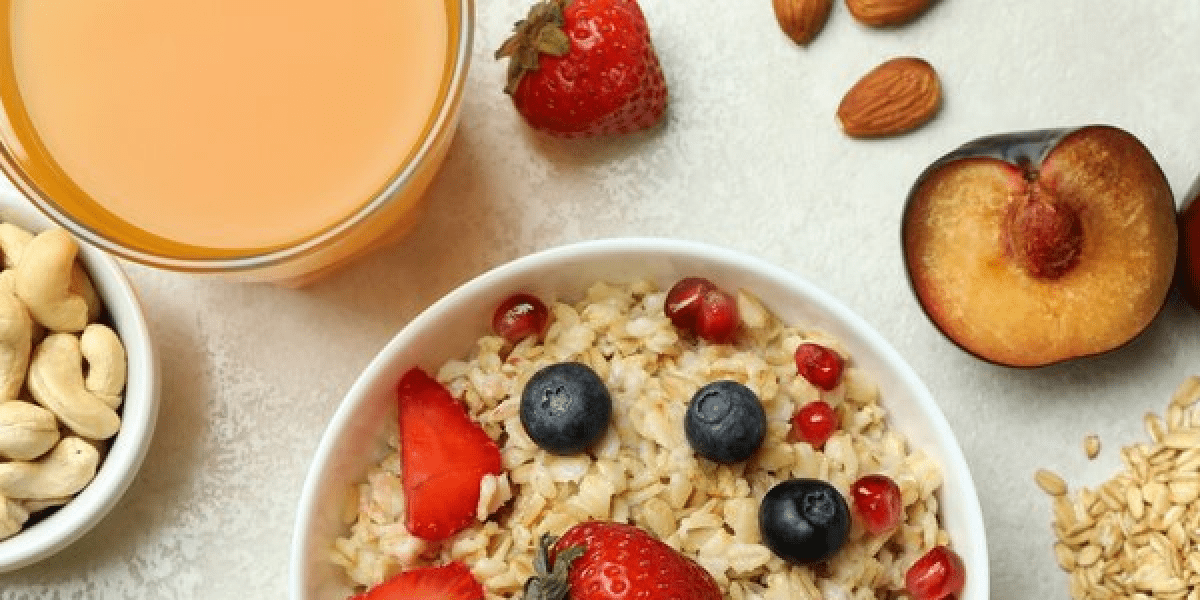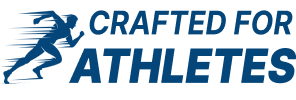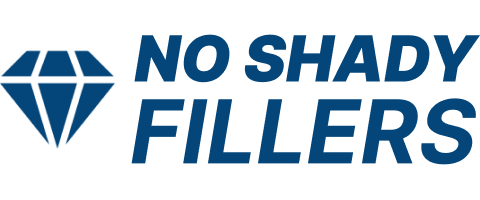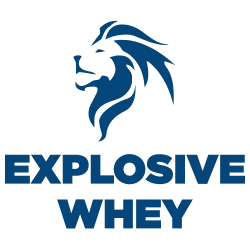Sports nutritionists emphasize the importance of a balanced diet to meet athletes' nutritional needs, which are essential for performance and well-being. Crafting a strategic nutrition plan for athletes, addressing their unique physical demands and nutritional needs, is crucial. Beyond sustenance, sports nutritionists optimize endurance and recovery, emphasizing the broad scope of nutrition for athletes to achieve peak performance through high-intensity exercise and intense training sessions with dietary supplements.
Designing an Effective Nutrition Plan for Athletes

Designing a personalized meal plan for athletes, with the help of sports nutritionists, is crucial, tailoring diets to individual needs and considering training intensity, calories, vitamins, and body weight. A balanced nutrition plan for athletes, rich in macronutrients, vitamins, calories, and water, supports sustained energy, muscle recovery, and injury prevention, contributing to enhanced sports performance and overall well-being.
Essential Components of an Athlete's Diet
Crafting a robust nutrition plan for athletes involves harmonizing essential elements like carbs, protein, fats, micronutrients, vitamins, calories, and water, and meeting their needs. Tailored to athletes' unique needs, this approach optimizes training and competition outcomes for a personalized nutrition plan for athletes by considering vitamins, calories, body weight, and water.
Carbohydrates
In an athlete's nutrition plan for athletes, carbohydrates serve as the primary fuel source, sustaining energy during physical activity, supporting endurance, and promoting glycogen storage, aligning with broader goals of nutrition.
Protein
At the core of an effective nutrition plan for athletes is the personalized role of protein, which is vital for muscle repair and growth, enhancing overall athletic performance within a well-rounded nutritional diet for athletes.
Healthy Fats
Integral to an effective nutrition plan for athletes, healthy fats balance omega-3 and omega-6 fatty acids, controlling inflammation and supporting cardiovascular health for a well-rounded approach to an athlete's dietary requirements.
Micronutrients
In a young athlete's nutrition plan, a diverse array of vitamins and minerals plays essential roles, supporting immune function, aiding metabolic processes, and ensuring bone health and muscle function for overall effectiveness.
Vitamins
Embedded in nutrition plans for athletes, essential vitamins play a crucial role, in supporting immune function and energy metabolism, contributing significantly to the effectiveness of nutrition for athletes.
Minerals

Crucial in the nutrition plan for athletes, essential minerals like iron and calcium support bone health, muscle function, and oxygen transport, forming a robust foundation for athletic performance and overall nutritional well-being.
Pre-Performance Nutrition
Optimizing athletic performance within a strategic nutrition plan for athletes begins with pre-performance nutrition, tailoring fueling strategies to prepare athletes for physical demands, and establishing a foundation for sustained energy and peak output.
Fueling Strategies Before Training or Competitions
In an athlete's nutrition plan for athletes, pre-performance fueling strategies take center stage, tailoring nutrient intake for impending physical exertion. Carbohydrates provide readily available energy, while proteins support muscle readiness, enhancing the effectiveness of the overall nutritional diet for young athletes.
Importance of Timing and Meal Composition
Timing and meal composition are critical considerations in a meticulous athlete nutrition plan. The synergy between nutrient intake timing and meal composition ensures optimal resources during training or competitions. This nuanced approach elevates the overall effectiveness of a pre-performance meal plan for athletes.
Post-Performance Nutrition
In any effective nutrition plan for athletes, post-performance nutrition is a cornerstone, focusing on optimizing recovery through targeted nutrient intake for replenishing energy stores and supporting muscle repair.
Recovery Nutrition Essentials
The essentials of recovery nutrition within an athlete's nutrition plan for athletes revolve around replenishing glycogen stores and promoting muscle repair. Emphasizing carbohydrates and proteins, this phase in sports nutrition ensures a swift and effective recovery process. These recovery nutrition essentials are integral components of a comprehensive nutritional diet for athletes seeking enhanced performance and reduced downtime.
Optimizing Nutrient Intake for Efficient Recovery
In a comprehensive nutrition plan for athletes, optimizing nutrient intake for efficient recovery is paramount, combining carbohydrates and proteins to support glycogen replenishment and muscle recovery, ensuring overall success in post-performance nutrition.
Hydration Strategies

In any athlete's nutrition plan, hydration is vital. Recognizing its importance in sports nutrition, strategies ensure optimal fluid balance. A well-crafted nutritional diet for athletes includes tailored hydration plans, enhancing performance and well-being.
Importance of Proper Hydration for Athletes
Proper hydration is fundamental in an athlete's nutrition plan. A cornerstone in sports nutrition, it influences performance and recovery. Athletes benefit from a well-hydrated state, supporting endurance and nutrient transport.
Electrolyte Balance and hydration plans
Maintaining electrolyte balance is integral. Electrolytes play a crucial role in fluid absorption and muscle function. Tailored hydration plans in a nutrition plan for athletes ensure sufficient water intake and the right electrolyte balance, contributing to peak performance.
Nutritional Supplements for Athletes

In an athlete's comprehensive nutrition plan, protein supplements play a role. Understanding their role in sports nutrition, benefits include enhanced performance and recovery. However, risks like potential side effects and regulatory issues must be considered
Benefits of nutrition plan for athletes
- Enhanced performance.
- Accelerated recovery.
- targeted nutrient delivery.
- Convenience in meeting nutritional needs.
- Support for specific training goals.
Guidelines for Safe and Effective Use
- Consult Professionals: Seek guidance from nutritionists or healthcare providers.
- Verify Product Quality: Choose reputable brands with third-party testing.
- Adhere to Recommended Dosages: Avoid excessive intake; follow guidelines.
- Monitor for Side Effects: Be aware of any adverse reactions.
- Ensure Anti-Doping Compliance: Confirm supplements comply with anti-doping regulations for a secure place in an athlete's nutrition plan.
Sample Nutritional Plans
In crafting a tailored nutrition plan for athletes, sample plans offer practical insights. Sports-specific meals aligning with individual needs and preferences enhance the effectiveness of a personalized nutritional diet for athletes.
Sports-Specific Meal Examples
- Endurance Runner: Quinoa with mixed berries and almonds.
- Strength Training: Grilled chicken, sweet potatoes, and mixed vegetables.
- Swimmer: Salmon, brown rice, and steamed broccoli.
- Cyclist: Oatmeal with banana and a scoop of protein powder.
- Team Sports Player: Whole-grain pasta with lean meat and a colorful salad.
Snack Ideas for Sustained Energy
- Greek Yogurt with Berries: Protein and antioxidants.
- Trail Mix with Nuts and Dried Fruits: Balanced energy source.
- Whole Grain Toast with Nut Butter: Fiber and healthy fats.
- Hummus with Veggie Sticks: Protein and vitamins.
- Banana with Peanut Butter: Quick and nutritious energy boost for athletes' nutrition plans.
Monitoring and Adjusting
Continual assessment in a dynamic nutrition plan for athletes is crucial, monitoring the nutritional impact on performance and enabling timely adjustments to optimize athletic potential within sports nutrition.
Assessing Nutritional Impact on Performance
Assessing nutritional impact is key in a nutrition plan for athletes, considering energy levels, recovery, and overall well-being. Regular evaluation allows targeted adjustments, ensuring sustained effectiveness in sports nutrition.
Making Adjustments to Meet Evolving Needs
In the ever-evolving landscape of an athlete's journey, making adjustments in a flexible nutrition plan for athletes is paramount, ensuring adaptability to changing training intensity, goals, and physiological demands within sports nutrition for finely tuned support of peak performance and overall well-being.
In crafting a robust nutrition plan for athletes, adherence to key principles is pivotal. Tailoring a sustainable nutritional diet for athletes encompasses varied meals, strategic adjustments, and continual monitoring. Embracing these principles fosters a holistic approach within the realm of sports nutrition, ensuring enduring success in athletic performance and well-being.
FAQs
Q1) What is the best diet for an athlete?
The best diet for athletes includes a well-rounded nutrition plan for athletes, emphasizing balanced macronutrients, varied whole foods, and adequate hydration.
Q2) What is good nutrition for athletes' performance?
Good nutrition for athletes' performance involves a strategic nutrition plan, emphasizing quality carbohydrates, lean proteins, healthy fats, and proper hydration to optimize energy and recovery.
Q3) How much protein do Olympic athletes eat?
Olympic athletes typically incorporate a nutrition plan for athletes that includes higher protein intake, ranging from 1.2 to 2.2 grams per kilogram of body weight, supporting muscle repair and overall performance.
Q4) What diet do Olympic athletes use?
Olympic athletes follow a tailored nutrition plan for athletes, focusing on nutrient-dense foods, appropriate portion sizes, and personalized dietary strategies to meet the demands of their specific sport and training regimen.










Leave a comment
This site is protected by hCaptcha and the hCaptcha Privacy Policy and Terms of Service apply.